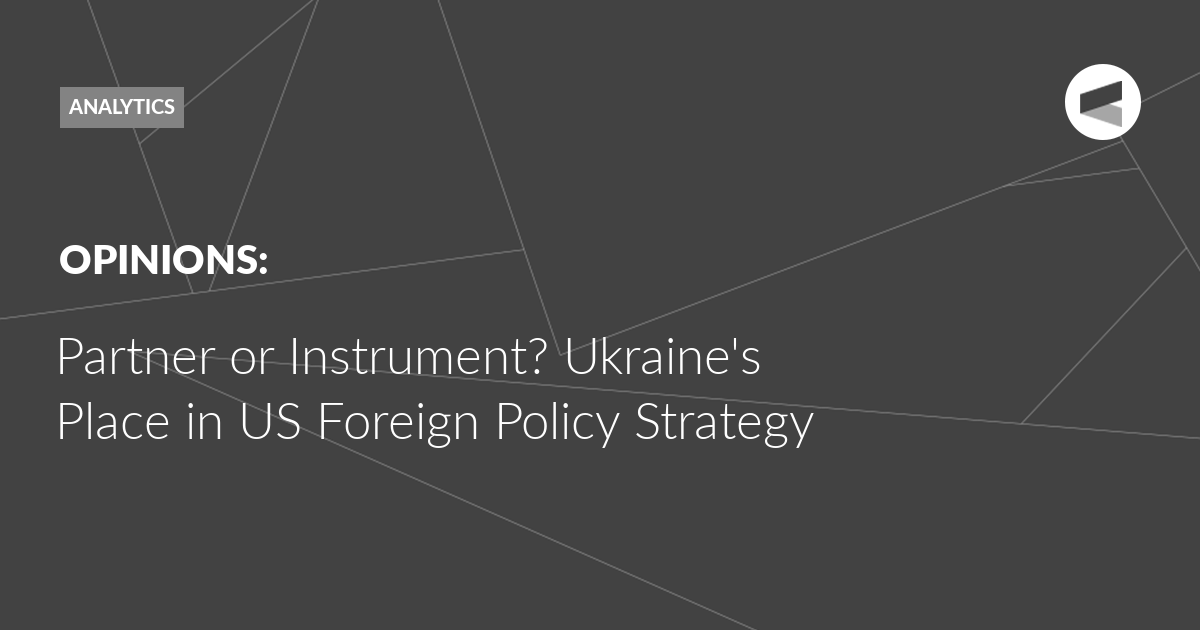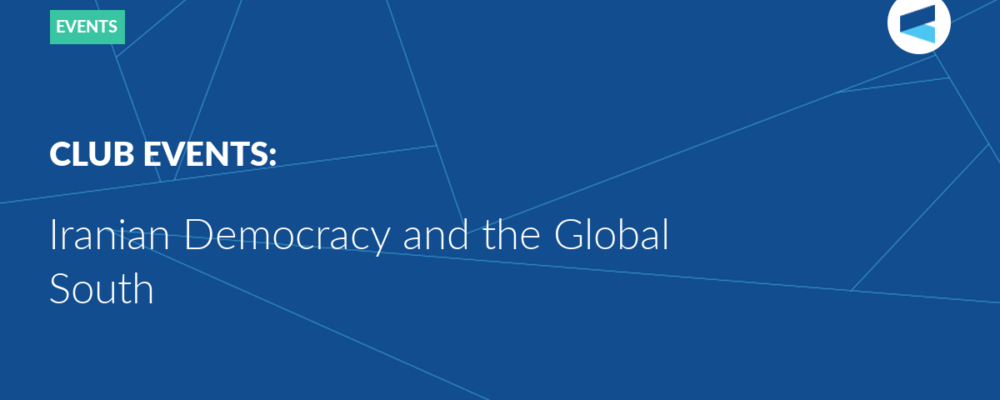Since the start of the military phase of the Ukraine crisis in 2014, Kiev has received active support from the United States and its allies. The West’s strategy in the structural confrontation with Russia is aimed at defeating our country without getting involved directly in the conflict. This hybrid confrontation scenario is not new for the United States. Washington uses hybrid instruments in the Middle East, against Iran, and against China. The United States uses Taiwan and other allies in the region – the Philippines, South Korea and Japan. In the confrontation with Russia, the United States and its allies in Europe have also found a convenient instrument – Ukraine – a vast country with large army, located in close proximity to Russia. Western countries supply this instrument with weapons and intelligence and send military advisers and instructors. The “Ukrainian instrument” should have to be used several times, and then, when the resource is exhausted, it will be abandoned as unnecessary thing. This scenario calls into question the future of the Ukrainian state.
However, this issue is apparently not in the field of attention of the Ukrainian government. Being dependent on the support of the West, it has effectively abandoned its independent foreign policy and national interests. For this reason, the Kiev authorities are unwilling or unable to take steps towards real crisis settlement. They believe that as long as the front line is held, the crisis may continue – and they see this as an advantage for themselves to maintain preferential relations with the United States. The downside of this relationship is that the United States perceives Ukraine as an expendable resource for the implementation of its own interests.
Either the Kiev authorities do not realize that the interests of the United States and the interests of Ukraine differ and will diverge at some moment, or they have put all their political capital on the war scenario. When a country becomes an instrument, its authorities do not take responsibility for the consequences of their actions. It does not matter whether the Kiev authorities win or lose: in case of victory, they will be confident in their political wisdom and superiority, and in the event of defeat, they will simply leave the country. If a deep settlement is not reached as a result of the conflict, Ukraine faces the prospect of becoming a militarized, unstable enclave in Eastern Europe, which will be constrained in its development and dependent on instructions from Washington.
We can see that many hopes are concentrated around Ukraine on the part of Western countries, although the defeat of Ukraine is inevitable. Now the focus is primarily on the news that the United States is allowing Ukraine to use some type of weapons, or producing its own military supplies and providing intelligence. For Russia, these are sensitive and painful steps that entail human casualties. But the overall dynamics of the conflict for Kiev are extremely negative. Ukraine’s own resources are finite, and the brigades currently being formed, as evidenced by Ukrainian and Western sources, are not saturated with modern equipment. The pace of advance of Russian troops is increasing day by day – despite the fact that Russia is not inclined to make excessive efforts in this conflict to achieve its goals. All this indicates a noticeable depletion of the “Ukrainian resource”. It is impossible to completely rule out the possibility of a radical change in the strategic situation: if the Ukrainian front collapses, direct participation in the conflict by individual NATO countries could be possible. However, at this stage, as Polish Foreign Minister Radosław Sikorski has stated, European states have “zero desire” to take direct part in this conflict. Indicative in this regard was how zero-sum were the statements by French President Emmanuel Macron about sending French divisions to Ukraine or the statements by the Polish Foreign Minister about Poland’s right to shoot down missiles in Ukrainian airspace.
The inevitable defeat of Ukraine will deal a significant blow to the reputation of the United States – Washington will try to avoid it by all means. Sun Tzu, the author of the ancient Chinese military treatise The Art of War, proposed a maxim about three types of war: the best war is to defeat the opponent’s plans, the second-best option is to defeat his alliances, and the third option is to defeat him on the battlefield. At the current stage, the military conflict is being realized in all three dimensions.
For the United
States, the situation on the battlefield in the Ukrainian theatre is not
developing favourably. They are forced to synchronize some media victories with
their own electoral cycle, because there is no real success to speak of. The US
strategy is to push Russia to take some reckless step, an act that will defeat
our plans and destroy our alliances. Washington will constantly look for ways
to escalate tensions and push Russia up the escalation ladder. In this context,
the calm, firm, confident line that Moscow is currently pursuing in
international affairs is a demonstration of confidence and strength. This is
how Russia will achieve its goals.
The Valdai Discussion Club was established in 2004. It is named after Lake Valdai, which is located close to Veliky Novgorod, where the Club’s first meeting took place.
Please visit the firm link to site






